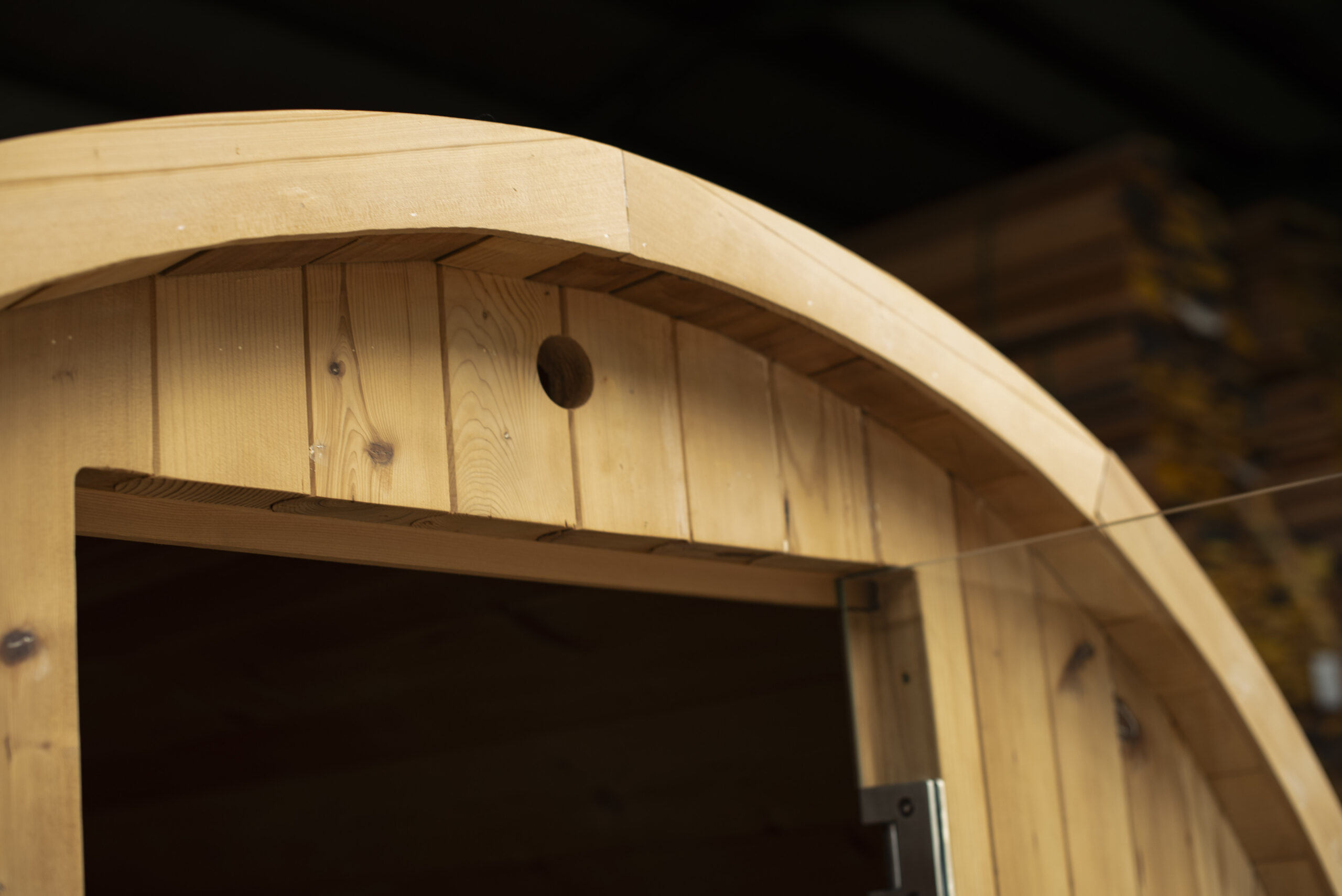Renewable energy is considered indispensable to Japan’s pledge to decarbonize. As part of its goal to become carbon neutral by 2050, the country is accelerating its use of biomass, a move that makes the Japanese market increasingly important to BC’s wood pellet exporters.

BC Pellet Exports to Japan by Value
The significance of Japan to Canada’s wood pellet producers was highlighted this fall when the Wood Pellet Association of Canada (WPAC) was able to host its first visitors from Japan in over two years and then joined government, industry and First Nations partners on BC’s first post-Covid trade mission to Japan.
Visitors from Japan’s Forestry and Forest Products Research Institute and the Japan Wood Bioenergy Association travelled to BC in October 2022 to tour the University of British Columbia’s Biomass and Bioenergy Research Group Laboratories. WPAC hosted the group which was interested in learning more about Canada’s leading approach to wood pellet certification (ENplus), wood pellet standards setting, and ISO wood pellet testing. The visitors also toured WPAC member pellet plants to gain a better understanding of quality production and certification.
Only a few weeks later, WPAC reunited with the group in Japan for a tour of that country’s largest, most advanced power station, Kanda Biomass Energy in Fukuoka prefecture. The plant uses high-durability Canadian wood pellets in combination with palm kernel shells from Malaysia and Indonesia and Japan’s locally produced wood chips. The new, highly efficient power plant has a capacity of 75 megawatts providing electricity to 170,000 households annually. The plant consumes about 170,000 tonnes of wood pellets per year, while generating approximately 670,000 tonnes of GHG savings compared to a similarly sized coal power station.
“Our members were proud to pay respect to the important relationship between our two nations, and our shared commitment to making the world a better place today and for future generations.” – Gordon Murray, WPAC Executive Director

Over the past decade, Canadian wood pellet exports to Japan grew eighteen-fold from 76,000 tonnes in 2013 to 1.4 million tonnes in 2022. 2022 saw an increase of 27 percent over the previous year.
Wood pellet sales to Japan are a significant and important success story for BC as approximately 72 percent of Canadian pellet shipments to Japan originate in BC.

WPAC members toured Japan’s largest, most-advanced-in-its-class and highly efficient power station, Kanda Biomass Energy in Konda town, Fukuoka prefecture.



